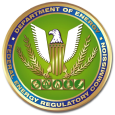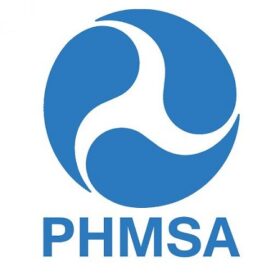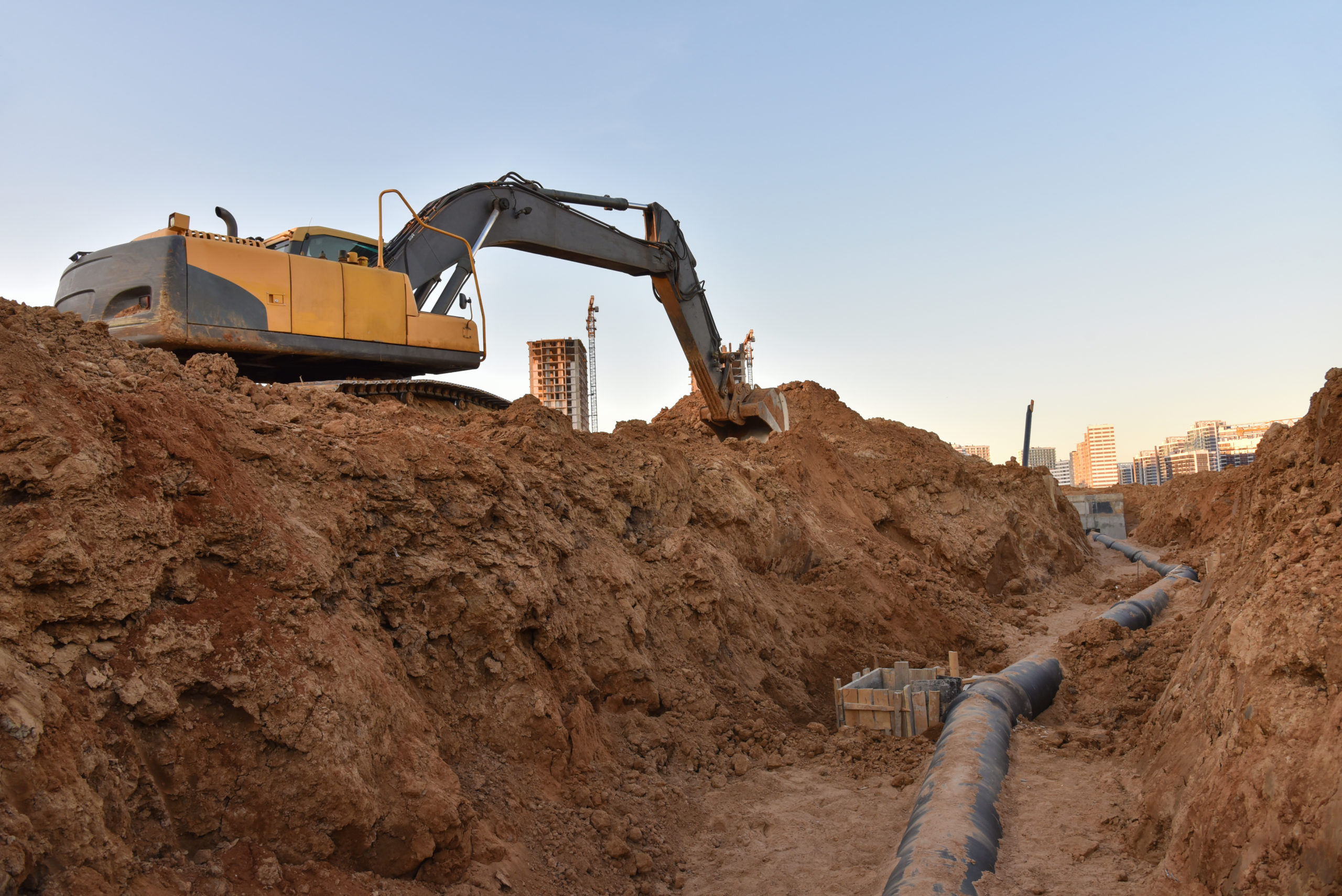|
FOR IMMEDIATE RELEASE |
INGAA Contact: Amy Conway, 713-306-6323 |
|
August 6, 2020 |
INGAA Calls for Swift Passage of Historic Pipeline Safety Act Reauthorization Bill
Bipartisan legislation will enhance safety, embrace technology and further reduce methane emissions
Washington, DC (August 6, 2020) – The Interstate Natural Gas Association of America (INGAA) today called for swift passage of the Protecting our Infrastructure of Pipelines and Enhancing Safety Act (PIPES Act), a historic piece of legislation that will enhance pipeline safety, embrace the latest technologies, and further reduce methane emissions by modernizing and strengthening the programs of the Pipeline and Hazardous Materials Safety Administration (PHMSA).
“INGAA strongly supports this bipartisan legislation and urges swift passage of the PIPES Act, which will bolster our members’ unending efforts to provide the safest, cleanest, and most reliable natural gas transportation network in the world,” said Alex Oehler, interim president and CEO of INGAA. “Authorizing new funding for our nation’s pipeline safety program and updating PHMSA’s regulations to reflect the latest safety technologies and engineering practices will enhance safety and benefit the environment. This bill is the product of years of work by Senators and their staff and reflects broad consensus, which is why we urge the House of Representatives to take up this legislation as quickly as possible to provide resources and policy priorities to PHMSA and its state regulatory partners for another four years.”
The PIPES Act reflects a number of forward-looking and meaningful enhancements that will advance PHMSA’s programs for protecting public safety and the environment. Significant provisions include:
- Updates to PHMSA’s leak detection and repair and class location change regulations to enhance public safety while minimizing methane emissions
- Strengthened safety regulations covering local gas distribution systems
- Modernized safety regulations covering LNG export facilities
- Increased funding to federal and state pipeline safety regulatory agencies, enhancing job opportunities at those agencies
- New grant funding for emergency responders
- Authorization for a new PHMSA pipeline safety R&D facility
- Creation of a new PHMSA technology pilot program
- New PHMSA workforce development requirements
“Our member companies operate the interstate highway system for natural gas and are innovators and engineers at their core,” Oehler added. “This critical infrastructure safely and reliably delivers natural gas to local gas utility companies, power plants, and manufacturers. Although we have seen significant reductions in methane emissions from interstate natural gas infrastructure in recent years, our member companies are committed to building upon that success. The PIPES Act is well aligned with INGAA members’ safety and environmental commitments, which are driven by the deployment of modern technologies and practices to identify infrastructure that needs to be repaired or replaced.”
The PIPES Act of 2019 was reported out of the Senate Commerce, Science and Transportation Committee on February 13, 2020 with bipartisan support. Originally introduced by Senators Deb Fischer (R-NE) and Tammy Duckworth (D-IL) to enhance pipeline safety and reauthorize PHMSA, the PIPES Act was amended to reflect a number of provisions from legislation introduced by Senator Tom Udall (D-NM) related to further reducing methane emissions from transportation infrastructure.
For more information on pipeline safety, please visit ingaa.org.
###
INGAA represents the U.S. natural gas pipeline industry. INGAA’s members deliver clean, abundant, affordable natural gas throughout North America and operate approximately 200,000 miles of pipelines that serve as an indispensable link between natural gas producers and consumers.






